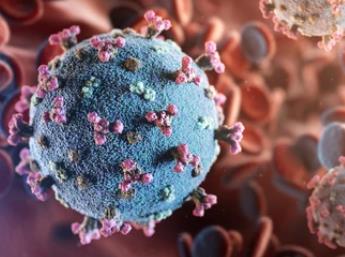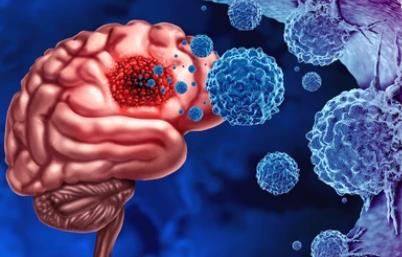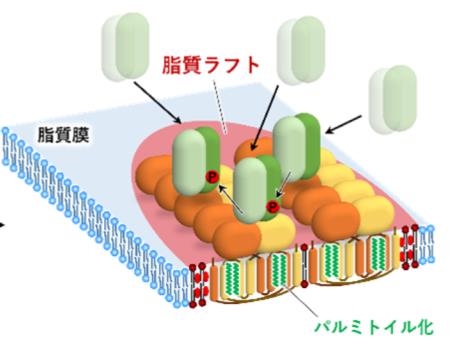When pathogens invade the body, the innate immune system will play a role in resisting the invading pathogens. The innate immune system is the first line of defense. It can accurately detect viruses or bacteria, and then activate proteins to fight against pathogens. In order to better understand the working principle of the innate immune system in the body, researchers from research institutions such as the National Cancer Center Research…
Day: January 22, 2024
Molecular Mechanisms Underlying the Development of Colitis in Cancer Immunotherapy Induced Patients

Immune checkpoint inhibitors can stimulate the body’s anti-tumor immune system, but they can also have toxic effects called immune-related adverse events (irAEs). Colitis is a common and serious immune-related adverse event that can cause treatment interruption. As researchers did not observe a strong colitis response in laboratory mice treated with checkpoint inhibitors, Therefore, the understanding of the underlying mechanisms of intestinal immune-related adverse events is often hindered. Recently, an article…
SARS-Cov-2 Can Infect Dopaminergic Neurons

In a new study, researchers from the Will Cornell Medical Center, Memorial Sloan Kettering Cancer Center, and Columbia University’s Wagros School of Internal and External Medicine pointed out that the coronavirus SARS-CoV-2, which causes COVID-19, can infect dopaminergic neurons in the brain and cause aging, meaning they lose their ability to grow and divide. They believe that further research on this discovery may reveal neurological symptoms related to long-term COVID-19,…
CD276: A New Target for the Treatment of Brain Metastatic Cancer

Researchers from the University of Lausanne in Switzerland have published a research paper in the Cancer Cell journal titled “Interrogation of endothelial and mural cells in brain metastasis reveals key immune-regulatory mechanisms”. Recent analysis of samples from patients with brain metastases (BrM) has revealed the importance of the brain tumor microenvironment (TME) in regulating the progression of primary and metastatic brain malignancies. The enormous complexity of TME in BrM…
